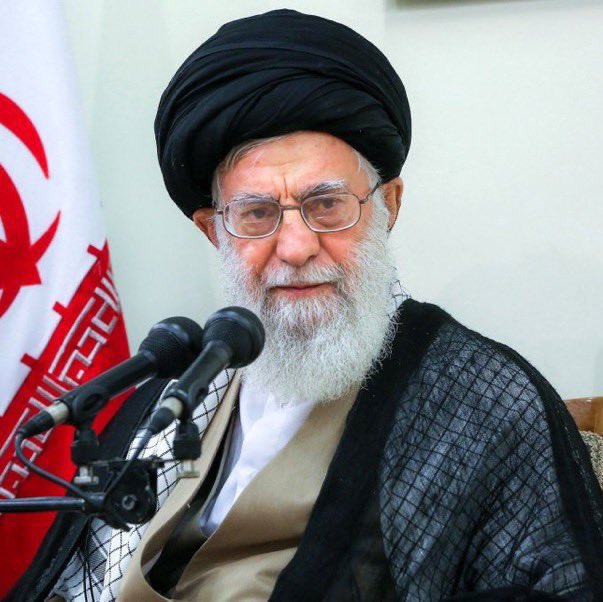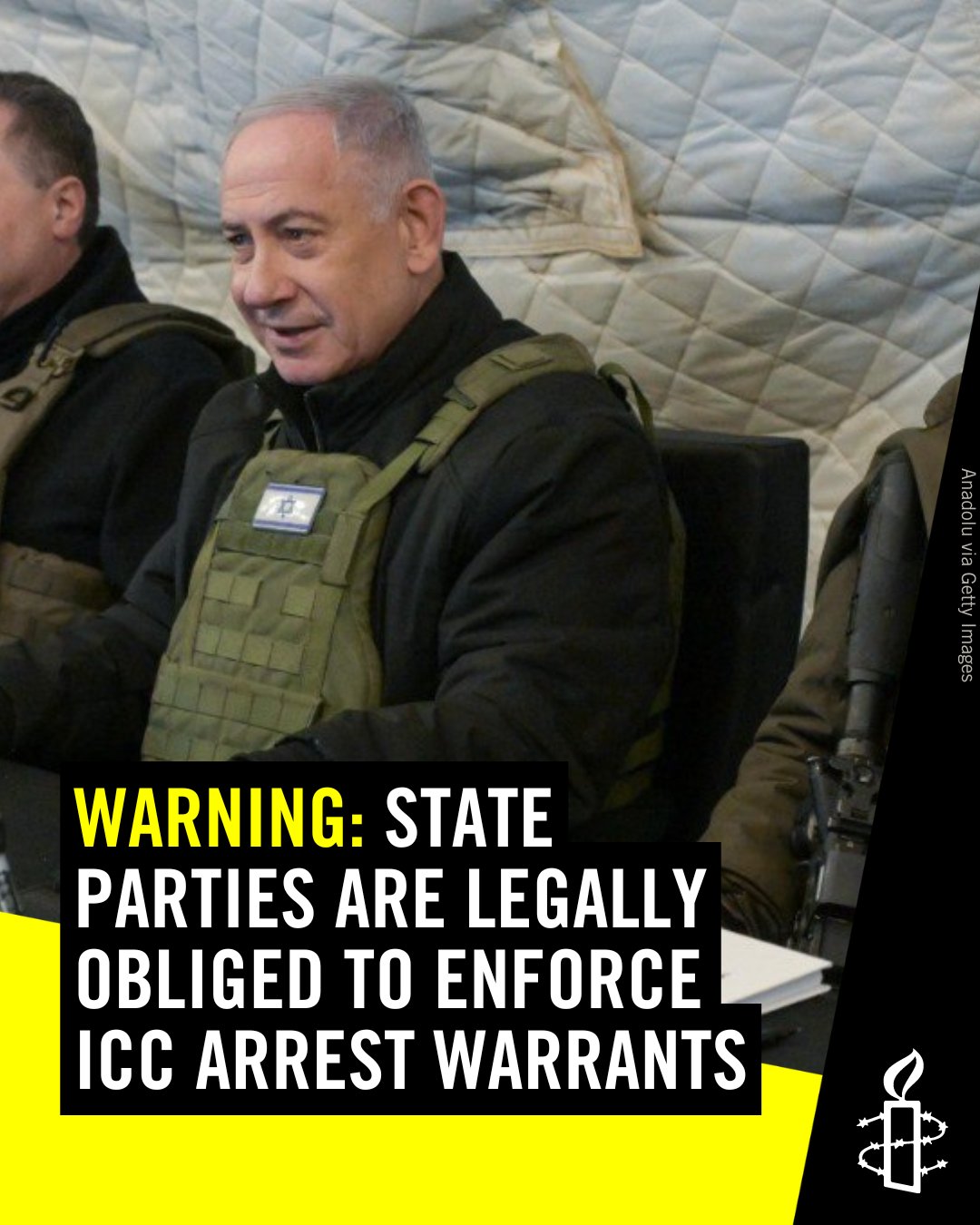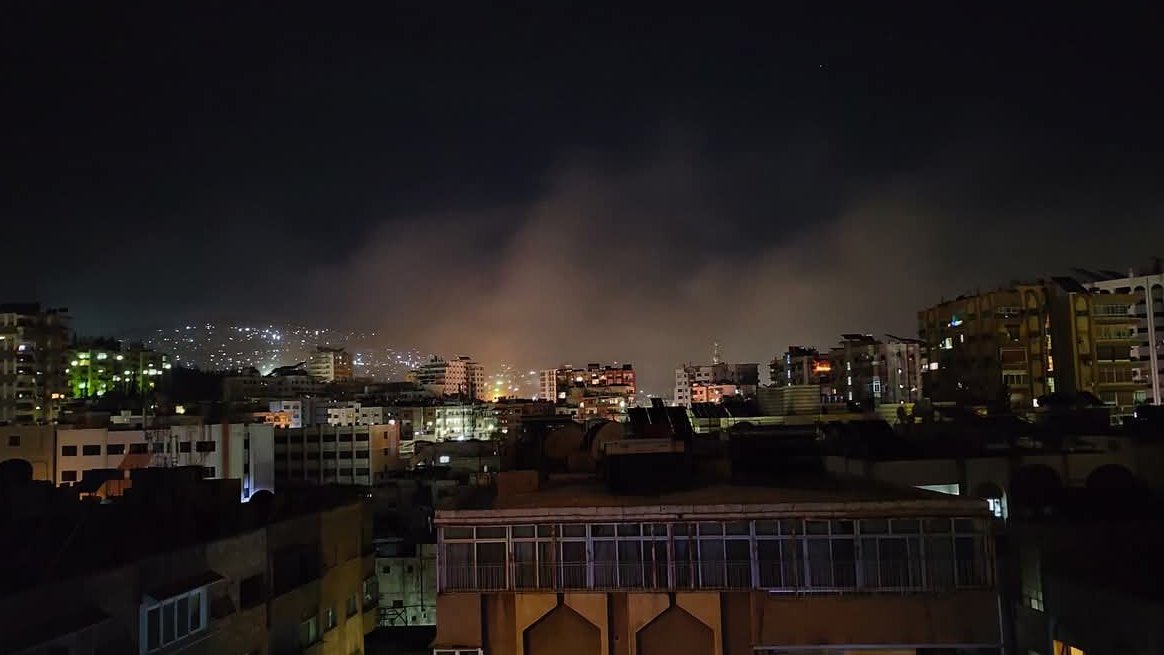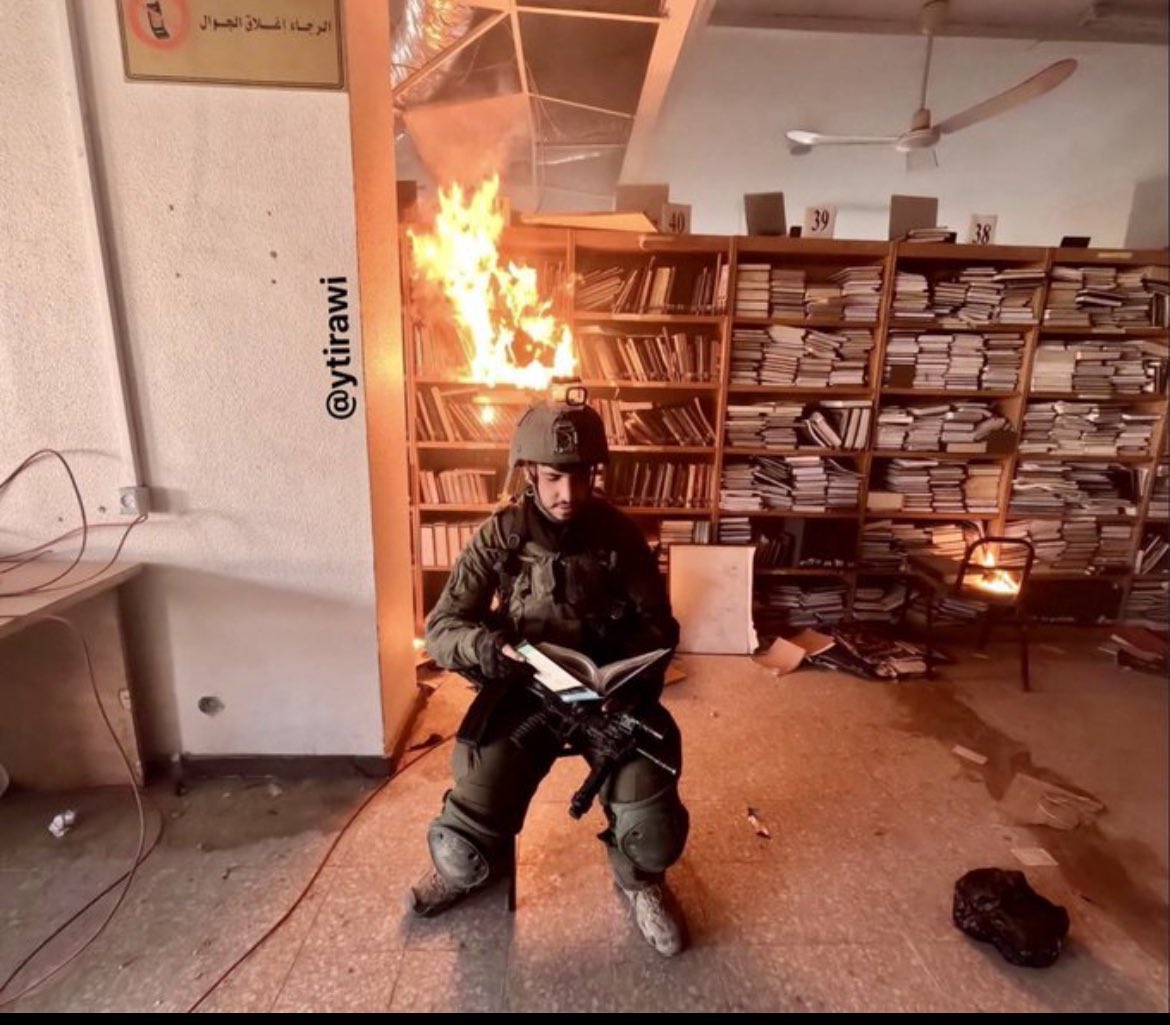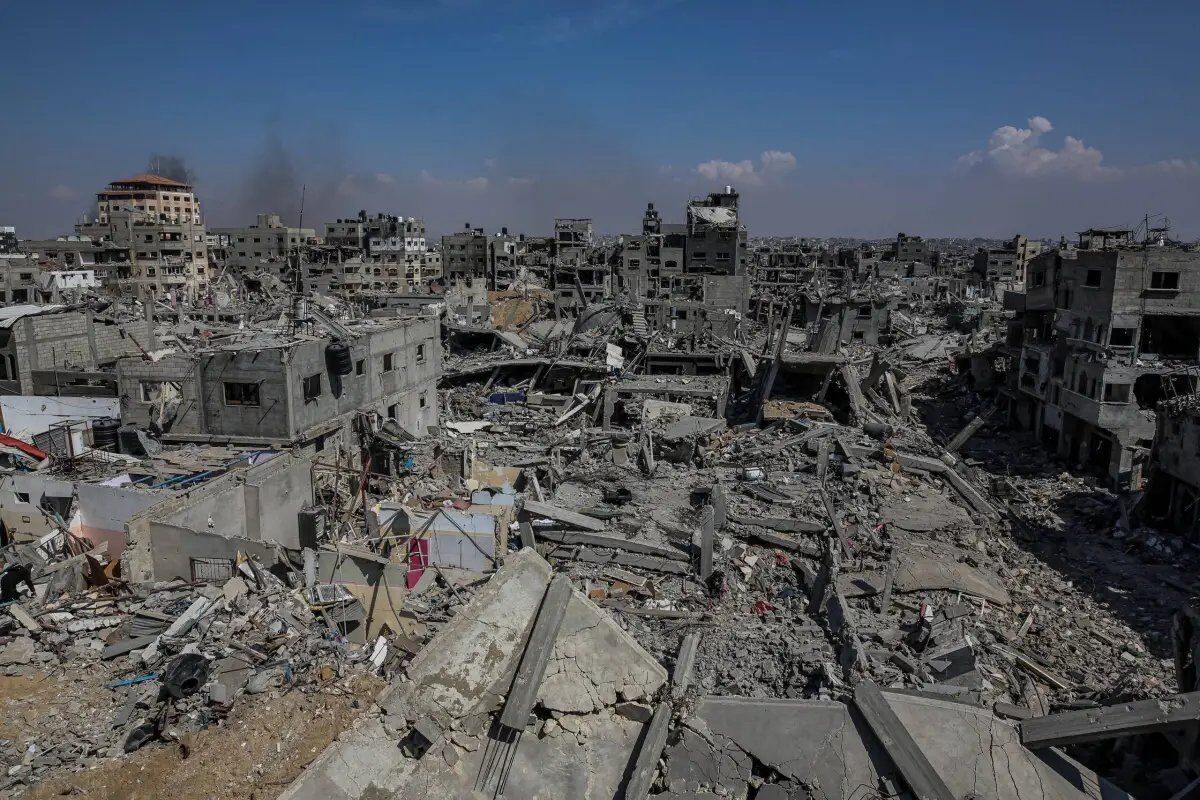
Israeli political analyst Yossi Hadar, in the Jewish Maariv newspaper, said Israeli Prime Minister Benjamin Netanyahu lost the war to Hamas, and instead of signing a prisoner exchange deal with it, he is trying to drag Israel into a war of attrition that will keep him in power.
The analyst harshly criticized Netanyahu for trying to dismiss Defense Minister Yoav Galant, describing it as a political move to preserve his position, ignoring the military failures in the Hamas attack of 7 October, 2023.
The writer began his article by referring to the operation attributed to Israel of blowing up the wireless devices in Lebanon and Syria, which resulted in the death of 32 Lebanese and the wounding of hundreds, according to the latest statistics.
“If the attribution of this operation to Israel is correct, it reveals another aspect of Israel’s enormous military capabilities, but at the same time it could bring us closer to a real war with Hezbollah, while the war in Gaza continues, the Houthis attacks on Israel, and Iranian threats continue, with operations growing in the West Bank and inside Israel,” he added.
The analyst accused Netanyahu of deliberately prolonging the war for political reasons, ignoring the serious security implications for Israel, and described him as the most failed prime minister in Israel, and that he “is leading an approach of political baseness and exhaustion and implementing a Machiavellian plot aimed at tightening control over the country by pushing the public to despair.”
Hadar stressed that Netanyahu’s escalation in the north is “the way Netanyahu seeks to maintain his rule, not in order to do something beneficial for the citizens of Israel, but only for his personal and political interests, just so he can continue to exhaust us.”
Political Maneuver
The writer then went on to assert that Netanyahu’s attempt to dismiss Galant is part of a political maneuver aimed at strengthening his power, rather than addressing the military failures that were evident in the 7 October attack, which puts Israel in a weak position in the face of the growing threats.
“All this does not prevent Netanyahu from hatching a plot to overthrow the defense minister at this critical moment for the security of the state, and in the midst of a war that could expand,” he said.
He explained Netanyahu’s move as a bid to replace his defense minister because of his opposition to the Haredi conscription law that the Orthodox parties insist on, in exchange for appointing the head of the Right-wing Israel Party, Gideon Sa’ar, because the latter will pass this law, referring to Sa’ar’s volatility, who was previously quoted as saying, “If you want Netanyahu as prime minister, don’t vote for me.”
Hadar also denied Netanyahu’s followers’ marketing of the reason for Galant’s dismissal as a “weak leftist,” saying that Galant himself offered, just four days after the 7 October attack, to attack Hezbollah as a preemptive move, but Netanyahu refused, in a state of panic over the events.
The writer recalled that Netanyahu is the one who divided Israel by leading “an attempted coup against the judicial system that he created before 7 October,” and he is the one who brought upon Israel “the catastrophe of 7 October,” and now he is dragging another catastrophe by dragging Israel into a war of attrition.
He said, “Instead of waging a short and intense war, he chose a dangerous and failed war of attrition that goes against all strategic logic, and dragged Israel into the worst state it has been since its founding, because what matters is only the logic of political survival,” according to Jordan24.

